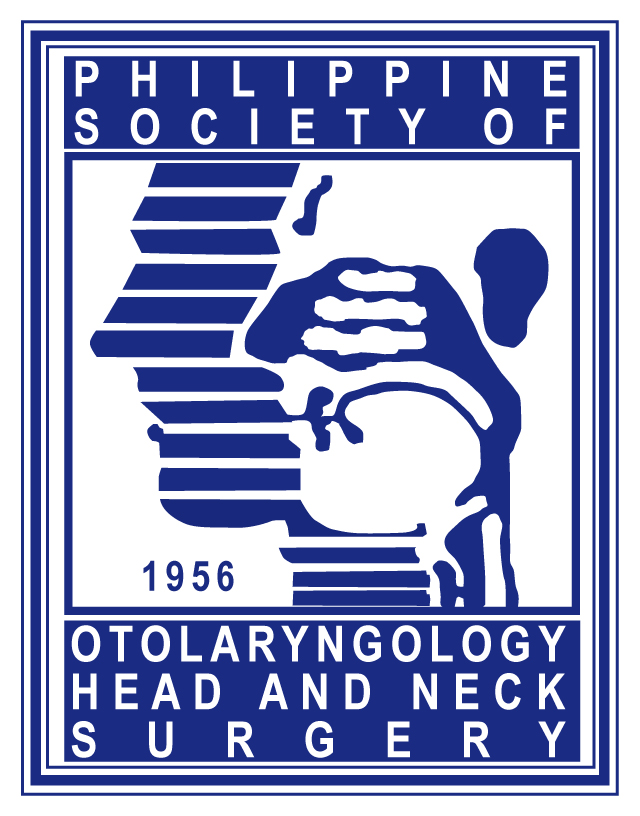Clinical Practice Guidelines
Disclaimer: Clinical Practice Guidelines
December 2016
Guidelines do not implement themselves. Clinical pathways, that is, institution – specific protocols and pre-printed order sets, based on the strongest guideline recommendations, must be developed by multidisciplinary hospital groups. Pathways have been proven to effectively translate guideline recommendations into process and out come improvements. We, otolaryngologists, can demonstrate leadership by heading these pathway groups and championing pathway implementation.
Guidelines are not cast in stone. They are living, breathing documents which should be critically appraised, just like any form of research, for their validity and applicability. They have expiry dates that should trigger automatic re-evaluation and revision. They are like cars that depreciate once they are released from their makers. Thus, we should be alert to new evidence that may modify or reverse their recommendations.
Guidelines do not dictate care, only guide it. Guidelines shuld not be used unreasonably to standardize care. As doctors we are required to bend care to respond to unique patients’ needs, not blindly adhere to guidelines. Rather we can use guidelines during audits and peer reviews to debate, discuss and learn from our colleagues care decisions and the consequent outcomes of such care. This invites healthy professional competition and benchmarking. Our patients should ultimately benefit from sensible guideline adoption. A physician may deviate from these guidelines pursuant to his/her clinical observation of a patient, the medical history of the patient, environmental factors, his/her duly recognized specialized training, relevant laws, rules and regulations and medical ethics.
Clinical Practice Guidelines | December 2016
Clinical Practice Guidelines Vertigo in Adults
Clinical Practice Guidelines | June 2016

